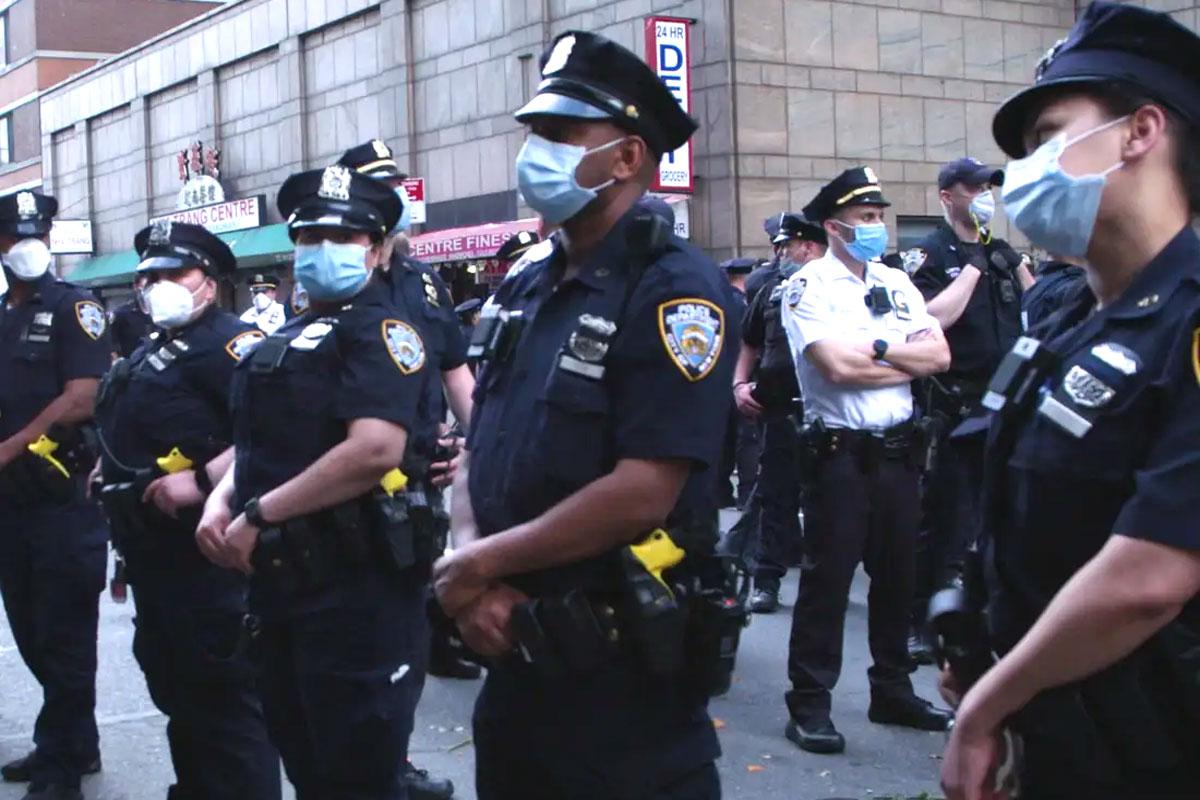 CHICAGO – In a continuing push to form a legislative agenda ahead of the upcoming fall veto session, the Illinois Legislative Black Caucus convened lawmakers from both chambers of the General Assembly to discuss criminal justice reform during a joint Senate hearing on Thursday.
CHICAGO – In a continuing push to form a legislative agenda ahead of the upcoming fall veto session, the Illinois Legislative Black Caucus convened lawmakers from both chambers of the General Assembly to discuss criminal justice reform during a joint Senate hearing on Thursday.
“You cannot quantify the loss of trust between communities and law enforcement,” State Senator Elgie R. Sims Jr. (D-Chicago). “The inability to have a relationship between communities that is transparent, strong and built on trust is not a current reality, but it should be. These discussions are crucial to discover and implement meaningful solutions to rebuild trust between law enforcement and the people that they serve.”
The bulk of the joint committee’s discussions focused on qualified immunity. They also discussed the Uniform Peace Officers' Disciplinary Act and officer liability.
Witnesses included the Illinois Municipal League, the Law Enforcement Coalition, the Police Benevolent and Protective Association, the ACLU of Illinois and Professor Carolyn Shapiro, a Supreme Court scholar, appellate lawyer and Chicago-Kent College of Law professor.
Sims co-chaired the joint Senate hearing with State Senator Robert Peters (D-Chicago), chair of the Senate Special Committee on Public Safety. Chair of the House Judiciary-Criminal Law Committee State Representative Justin Slaughter (D-Chicago) and other committee members also participated as guests.
"Qualified immunity is often used as justification for excessive force and other forms of police misconduct," Peters said. "If officers had to worry about facing consequences from their actions, maybe they would think twice before brutalizing our communities. We cannot and will not win real safety and justice until police officers are able to be held accountable for their actions."
“We want to make sure that everyone is subject to the same rules and that everyone is held accountable for their actions,” Slaughter said. “If a member of law enforcement, in the line of their work, commits an egregious act, there deserve to be consequences and an opportunity for justice. Being able to hold law enforcement officers accountable is a critical and necessary step in addressing racism in our criminal justice system."
Criminal justice reform is one of four pillars that the Illinois Legislative Black Caucus is using to guide its agenda to eliminate systemic racism. They include:
- Criminal justice reform, violence reduction and police accountability
- Education and workforce development
- Economic access, equity and opportunity
- Health care and human services













 © 2026 Illinois Senate Democratic Caucus
© 2026 Illinois Senate Democratic Caucus